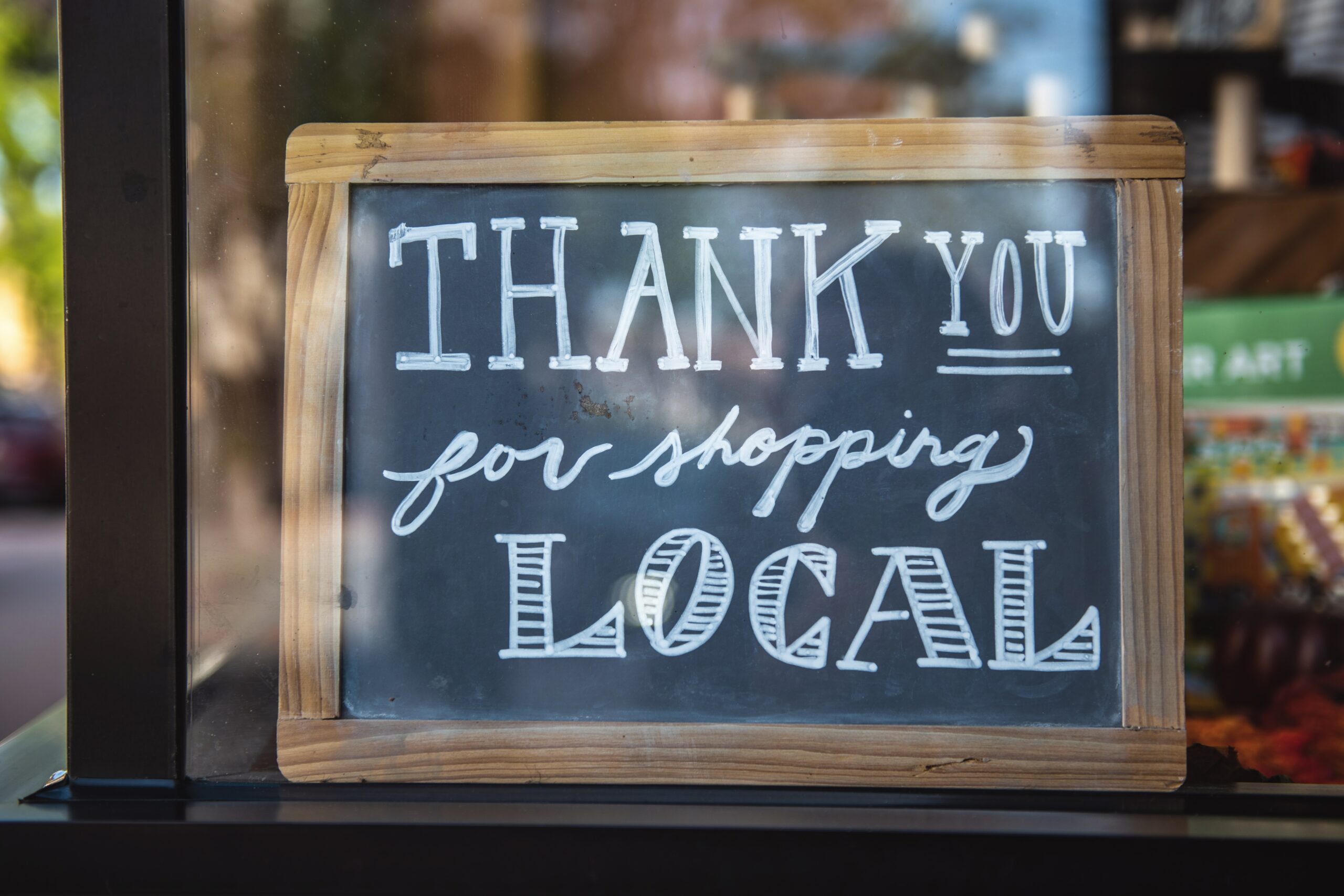By Lisa Taylor
Across the country, provinces and municipalities are slowly working towards ending shutdowns and reopening businesses. This is great news, and an important step forward for families, communities, and Canada as a whole.
This does not mean that owners and employees will return to the same businesses that they left. The date that businesses can once again open, it turns out, isn’t the essential piece of information that Main Street needs to begin the road to recovery. HR expert Josh Bersin recently published an analysis of job loss and unemployment reports, highlighting that we’re witnessing an economic transformation rather than an employment crisis. Yes, many Canadians are out of work, struggling to stay afloat, and in need of continued support. But the path to recovery won’t come from reinstating jobs as they were.
Recovery will come from understanding how markets and consumer behaviour have shifted so dramatically in such a short period. Their needs have changed—and our retail, food service, and other main street businesses need to adapt in order to meet them.
Bersin’s conclusions about economic transformation are poignantly illustrated in a Toronto Star article about Josee Chouinard and her wedding dress boutique in Quebec. Excited to know “the date” when her shop could reopen, Chouinard took every step to adjust her business to the new social distancing and workplace safety requirements. Unfortunately, all this detailed and creative planning didn’t solve her new challenge. She arrived at work to an empty shop—because buying a dress is simply no longer a priority as wedding ceremonies are deferred and delayed this spring.
Without a different type of pandemic recovery intervention that’s scaled for small businesses, Chouinard’s predicament will be repeated by the thousands across the country. Businesses will work hard and diligently to reopen, only to fail in the face of unfamiliar market and consumer challenges. Business owners are smart and resilient, but they need some sense of where success may lie—especially when time, money, and brand are all on the line.
When enterprises sense that their markets or customer behaviours are shifting, they have all kinds of analytics, expertise, and resources to draw on as they chart a new course through the disruption. And when this kind of transformation arrives on main street, a plethora of point solutions are also offered by a range of actors.
What’s missing are the cohesive, integrated tools that allow businesses to take a step back, ask themselves the big questions (e.g., “Given the current conditions, what kind of business are we really in?”), and develop a viable, sustainable path forward. There are many tools that Chouinard could use to convert her store-based wedding shopping experience to an online resource. The magic is not in the tool, technology, or tactic. It’s in Chouinard’s pivot to serve a new emerging need while leveraging her existing, respected brand.
The COVID-19 reset is not just about reopening dates that allow storefronts and businesses to throw open their doors again. It’s also about embracing a complete reset of customer needs, operating models, supply chains, and overall business viability.
Challenge Factory is focused on making the strategic support that keeps large organizations at the forefront of their industries available to Canada’s main street businesses. We’re not focused on reopening dates. As Chouinard discovered, they’re cold comfort if business can’t thrive in the aftermath of disruption.
Our sights are set on recovery. There’s no time to waste.
